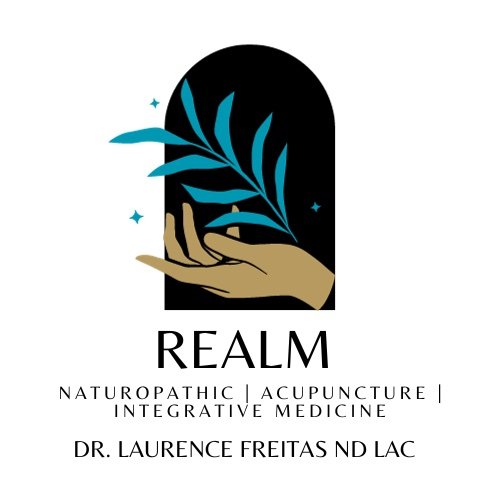The Philosophy of Function vs. Pathology in Modern Medicine
It should go without saying that when a person goes to their doctor, they seek answers. Unfortunately, it’s not always cut and dry like this, and people can leave feeling frustrated or confused. Many people come to me after having blood work and labs done by their primary care physicians, and they don’t understand that they are still experiencing symptoms despite being told that their lab work fell within the “normal reference range.” There is no overt pathology on paper, but the patient still wants to get to the bottom of why they’re feeling off, and rightfully so.
The thing is, most people will fall within the normal range on their labs, as that’s generally how physiology works. Of course, these labs will make it clear if there is overt pathology, such as cancer, infections, or metabolic issues, but more subtle signs of an illness can fall through the proverbial cracks. It’s not the doctors’ fault that they are just looking for these more obvious signs of pathology, as that is often dictated by biomedicine and even insurance providers.
What is Pathology?
News Medical defines pathology as the following:
“This field is concerned with the study and diagnosis of illness through microscopic analysis of samples from bodily fluids, tissue organs, and sometimes the entire body or autopsy. Factors that may be examined include the cell appearance, anatomical makeup, and chemical signatures with cells.”
As such, they go on to denote that the following are the types of pathology:
Histology - The microscopic examination of bodily tissue and organ samples to detect and diagnose disease
Cytology - The examination of how bodily fluids and tissues look, form, and function at the cellular level
Forensic Pathology - External and internal examination of the injuries found in an autopsy to discover the cause of death
I personally would define pathology as the medical study of disease, using a person’s medical history, physical examination, and laboratory tests of body excretions or tissues to help with diagnosis and illness progression. You can have pathology with symptoms, pathology without symptoms, and symptoms without overt pathology. Typically, pathology is defined to be present or not present. This is why looking at function can often help symptoms when pathology is not present.
What is Functional Medicine?
According to The Institute for Functional Medicine (IFM), “Functional medicine is a systems biology-based approach that focuses on identifying and addressing the root cause of disease. Each symptom or differential diagnosis may be one of many contributing to an individual’s illness.”
The article goes on to note that a diagnosis can be the result of more than one cause. The example they use is depression, which many people attribute to a chemical imbalance, which is true. But the root cause can be attributed to many things, including inflammation and environmental factors. We must examine what’s causing each case of depression — whether environment, lifestyle or genes — because gearing the treatment to address these will have the most effective and lasting benefits.
The Naturopathic View of Function
When people come to a naturopathic doctor like me, we will go beyond pathology and look at healthier function. We will look at those labs, and we can see trends that might point to the beginnings of pathology in the body’s function. The labs traditional doctors sometimes give aren’t sensitive or specific enough to dive into why that patient is experiencing symptoms.
I spend more time with patients getting their history, and doing more in-depth lab work to see whether their hormones, glands, and organs are functioning optimally. Naturopathic doctors look at function and patterns and trends overlooked by traditional healthcare, so we’ll do things like catching hypothyroidism or low testosterone before a person’s primary care doctor will.
The chasm in all medicine is that there aren’t enough people looking at healthier function. Doing so is more costly to the patient, and, quite frankly, it can be anxiety-provoking to them as well. The reason I say that is because we’ll see more behind the curtain, so to speak, and have to dispense more advice on ways they need to make changes in their daily life. We may see things like inflammation that we know will improve with diet and exercise, and many patients consider making these changes challenging—no matter how bad they feel.
What we need in an ideal world is a universal agreement about how to determine pathology, listening more closely to patients and their symptoms, and how to widen that scope to prevent illness before they’ve become truly problematic.
Would you like to know more about your lab work and why you’re feeling a certain way? If you live in the San Diego area or would like a virtual (telephone or video) consultation, contact me for an appointment today.
